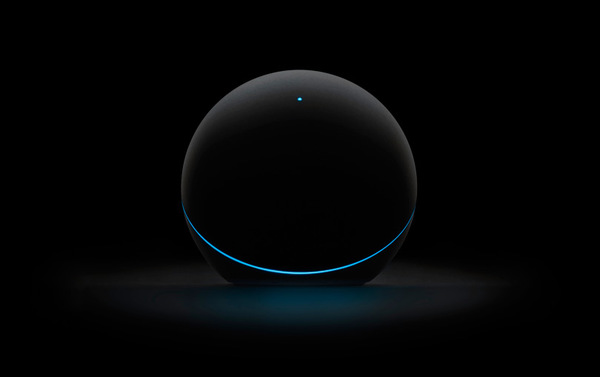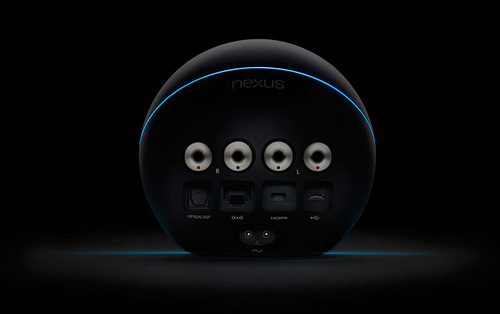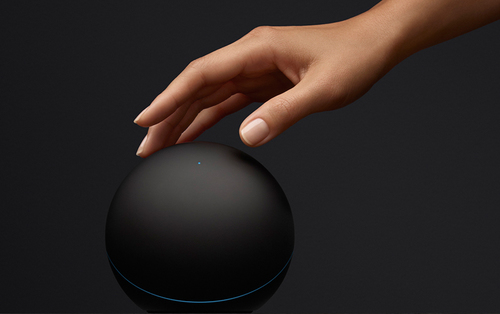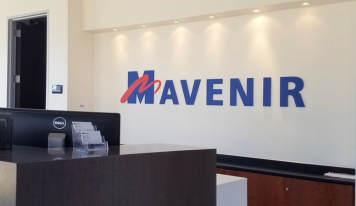There has been massive speculation regarding Google’s decision to purchase Motorola Mobility. Many, including the author believed this move was primarily driven by patents but it is becoming clear that even if this was the case, the search leader has looked to Cupertino as a guide and decided it too needs to be a hardware company building out ecosystems. Yes, Google, a company which makes most of its revenue via auctioning ads – having no brick and mortar stores, is getting beaten in terms of market cap and sales growth by Apple, a company which relies on malls and physical stores for a good part of its revenue.
Google obviously thinks it can take Apple on and while most of the tech sphere is focusing on the company’s Nexus 7 tablet, I find it only mildly interesting. Sure, the fact that the search leader is selling the tablet at cost as Gary Kim points out is worthy of note but we have been through this already with Amazon’s Kindle Fire – it seems only Apple can charge a large premium for hardware.
But then again, if this is the case then how does Google expect to compete against Apple in hardware.
The answer is obviously through the ecosystem. They hope to monetize services more effectively than Apple can. And they can no doubt do this as their pool of advertisers is the largest on the Internet – Apple isn’t even in second place when it comes to advertising online.
There are other ecosystem revenue drivers as well of course- such as apps and entertainment but let’s assume that Amazon, Google and Apple have similar margins in these businesses – in other words no one has a huge advantage.
To build out its ecosystem further, Google launched the Nexus Q, basically a digital media hub which works with Android devices and is the shape of a bowling ball. Think of it as a cross between Apple TV and Sonos – allowing you to stream audio and video to devices in your home from the cloud.
Moreover it is social, allowing visitors to your home to add their content – audio and video and adjust the playlist. This reminds me of the PartyShots app described by Jim Elayan of Itaas which allows guests in your home to share their pictures on your Samsung TV.
Jim Elayan of Itaas describes their PartyShots app allowing guests to share their photos on a Samsung TV (See video towards the end)
To some degree this move allows Google to get ahead of Apple in the home entertainment space. Of course Apple has AirPlay which does allow devices to be mirrored to Apple gadgets. I surmised in December of 2009 that Apple purchased audio streaming site LaLa to get into the home streaming space and I still believe Apple’s endgame is to supply the home with more gadgets such as a real TV, an updated Apple TV and more.
In the end, the ecosystem is king – it is no longer the computer, the OS, the network or the apps. The computing game has evolved from products to families of products and services which work cohesively together and lock customers in.
In fact this “locking in” is crucial because when you sell products at cost or at a loss, you have to make the money back somehow.
So let’s summarize by saying with the Nexus Q and “at cost” Nexus 7 tablet, Google has thrown its bowling ball into the ecosystem ring.





